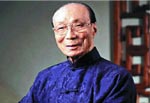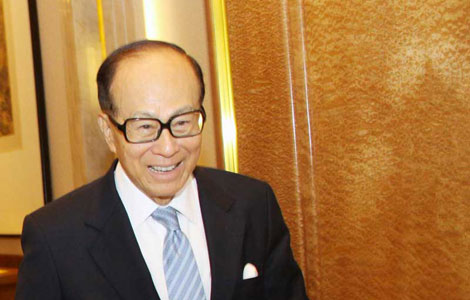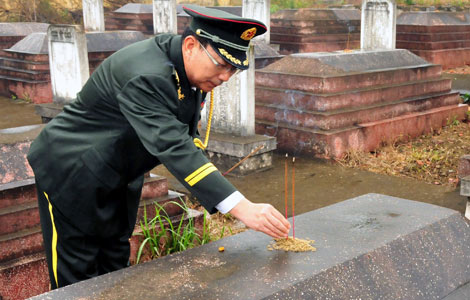A different class of teaching
Updated: 2014-01-09 07:20
By Yang Yang (China Daily)
|
||||||||
Chenwang Ngakrig is a 17-year-old grade-two student at the school. He has been studying Hetuvidya for a little more than a year.
"I used to find it very difficult to memorize lessons in mathematics or chemistry because I didn't understand the underlying concepts. I'm not a top student, but I've made good progress in my studies because the debating methods used in Hetuvidya enable me to analyze questions in a very clear and easy way. Through analysis and debate it's very easy to memorize my studies, because I know the mechanisms that underpin them," he said.
"I applied the methods when I was learning about redox reactions and trying to understand why one minus one equals zero," he said.
In addition to a conference at which students compete in reciting Hetuvidya theories, every May the school hosts a debate in which the students are the main participants. About 150 students take part in the debates, which feature both individuals and teams selected by class or grade. Contestants are required to wear traditional costume and, as a result, the conference looks like a festival, especially as parents, relatives and students' friends from other schools are welcome.
Increased confidence
Hetuvidya experts and scholars from college and monasteries are invited to judge the contests. Professor Tashi Dawa, from Qinghai University for Nationalities, frequently attends the conferences. "This approach can train students to think logically. It is a traditional method of study for Tibetan people," he said.
"I have visited many different high schools, but only No 1 Minzu High School offers the Hetuvidya course. In other schools, I have found that the students are very shy in class and only a few dare to ask questions. By comparison, the students at No 1 Minzu High School are very active - they ask questions and then discuss them. Therefore, it seems that this method of study can also improve the students' confidence and their communication skills," said Tashi Dawa.
"There is not a great difference between these debates and those in contests such as the International Varsity Debate, but we have a debating formula, a specific pattern. The debate, which contains three parts, has a special pace. It resembles Aristotle's Syllogism in formal logic ("All men are mortal. Hercules is a man. Therefore Hercules is mortal."), but our method is mainly one of refutation," he said.
The professor explained that during a debate, the person standing is supposed to refute the views of the person sitting on the ground, trying to find any flaws in the argument. After a short training period, the students are usually quick to spot anomalies, especially in respect to questions of logic.
In 2011, Qinghai University for Nationalities took the unusual step of introducing a debating course based on Hetuvidya. Studies at universities for nationalities, those usually attended by members of ethnic groups, usually include the Hetuvidya course, but not the debating classes. Chinese Buddhism also includes Hetuvidya studies, but has no tradition of debate.
"Introducing the Hetuvidya course in the teaching of traditional Tibetan culture and history is not only a good way to train students to think logically, but it's also an effective way of honoring our traditions," said Tashi Dawa.
Contact the author at yangyangs@chinadaily.com.cn
Related: An end to long-distance learning
Most Viewed
Editor's Picks

|

|

|

|

|

|
Today's Top News
Chicago lures Chinese tourists
Delta authorities pledge to battle smog together
US troop deployment stoking peninsula tensions
Abe blasted at UN
Dirty air? Why not wash it?
The changing face of Chinese ODI in US
China imports more US-built cars
China has most outbound tourists
US Weekly

|

|














